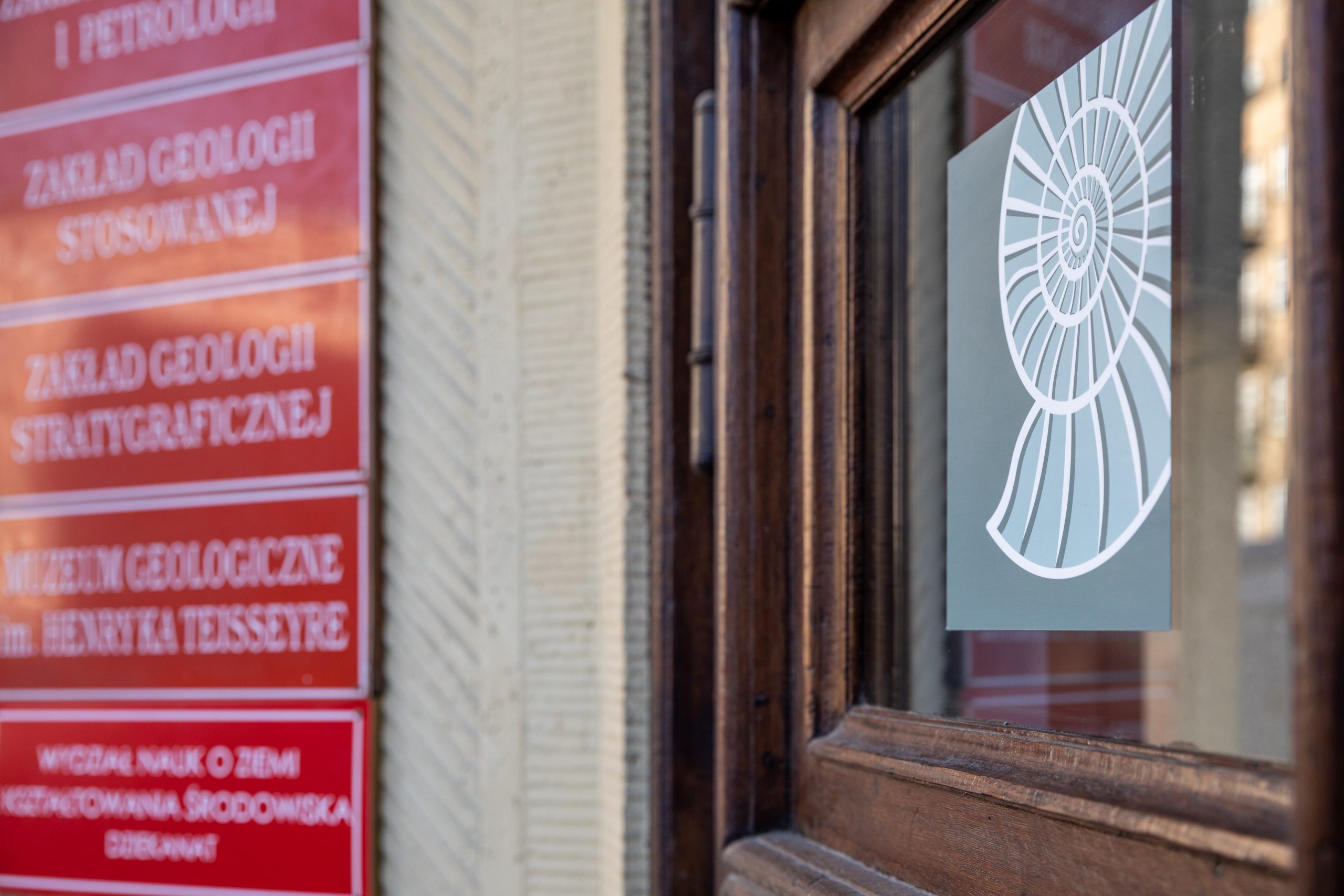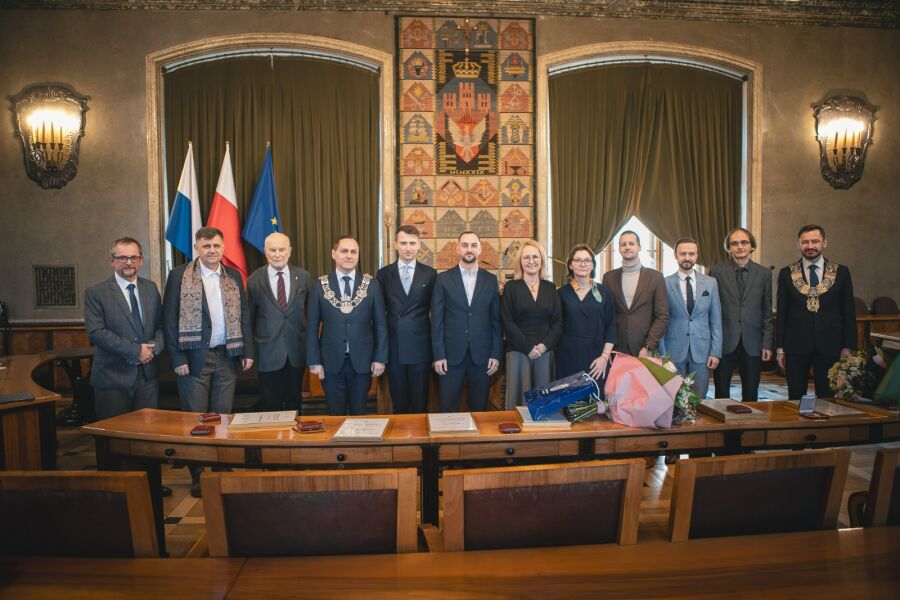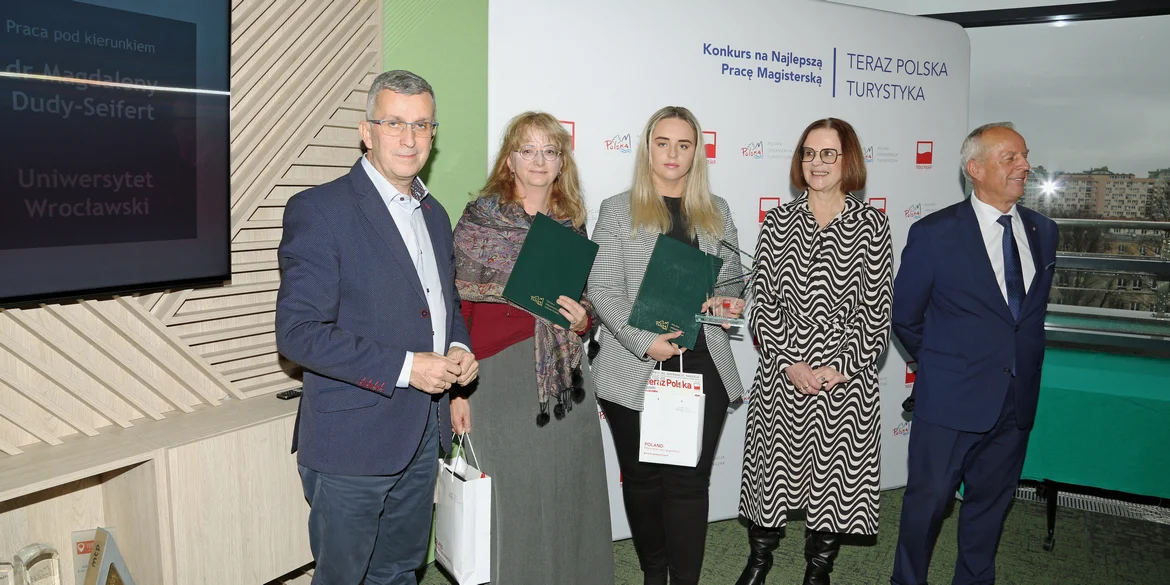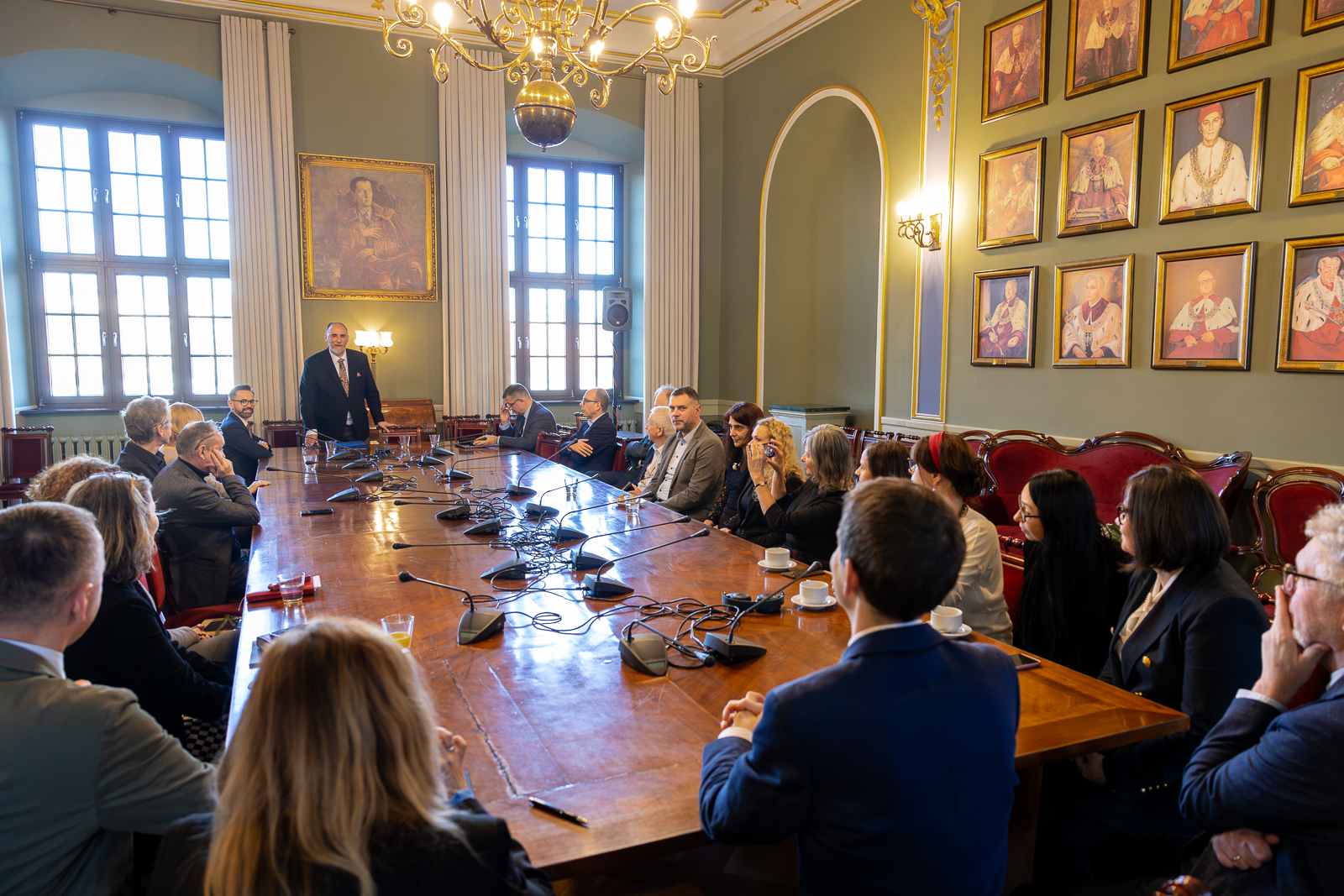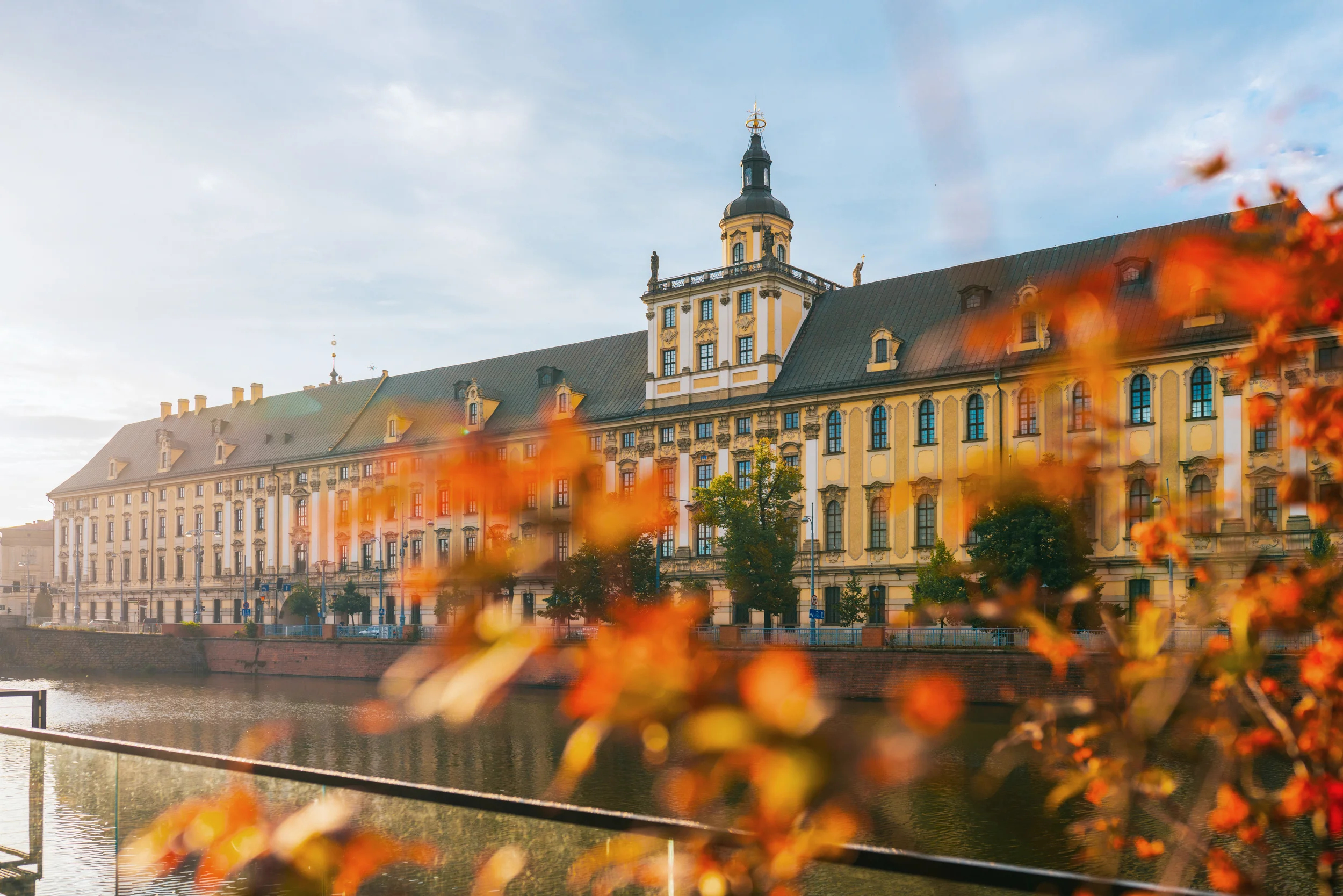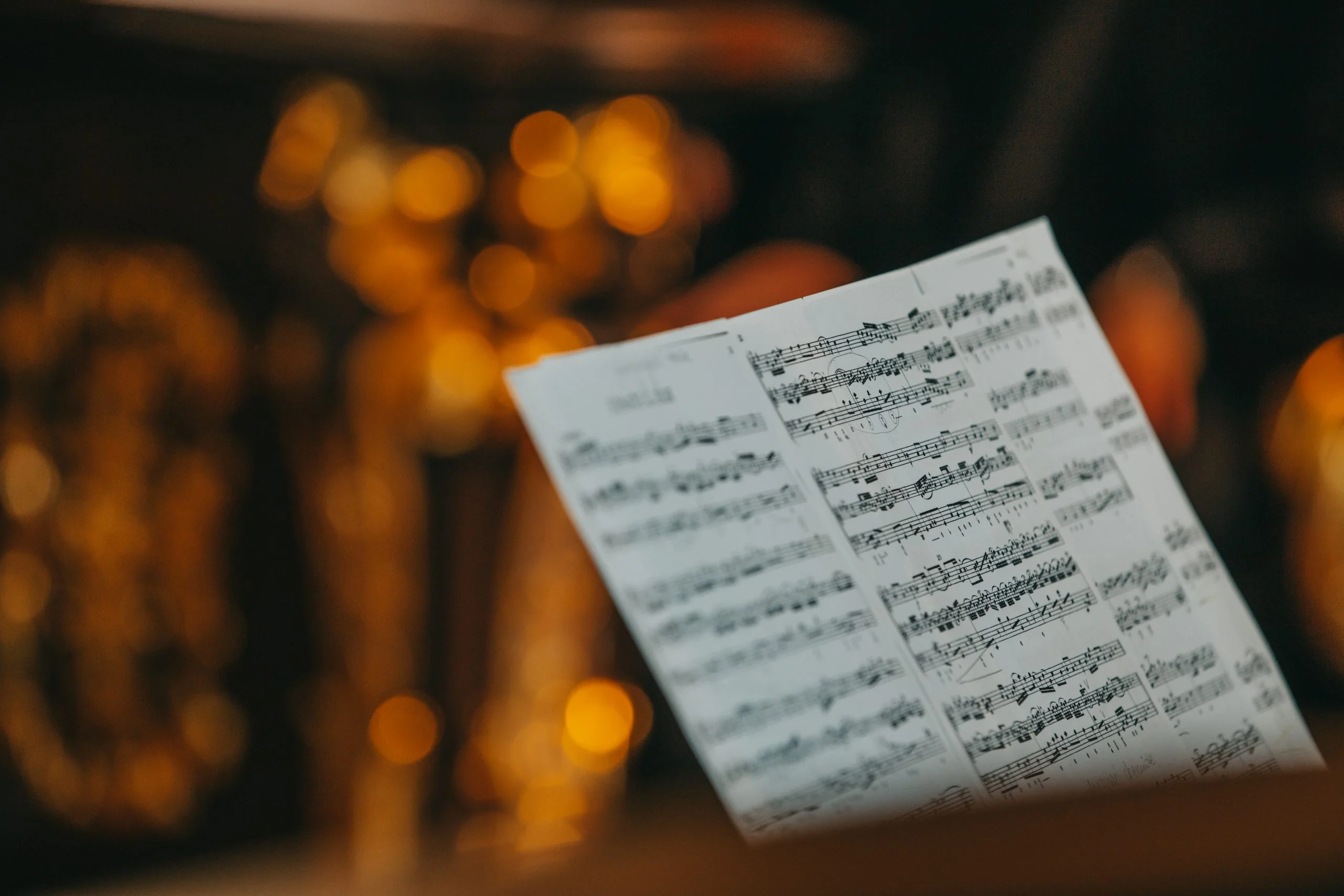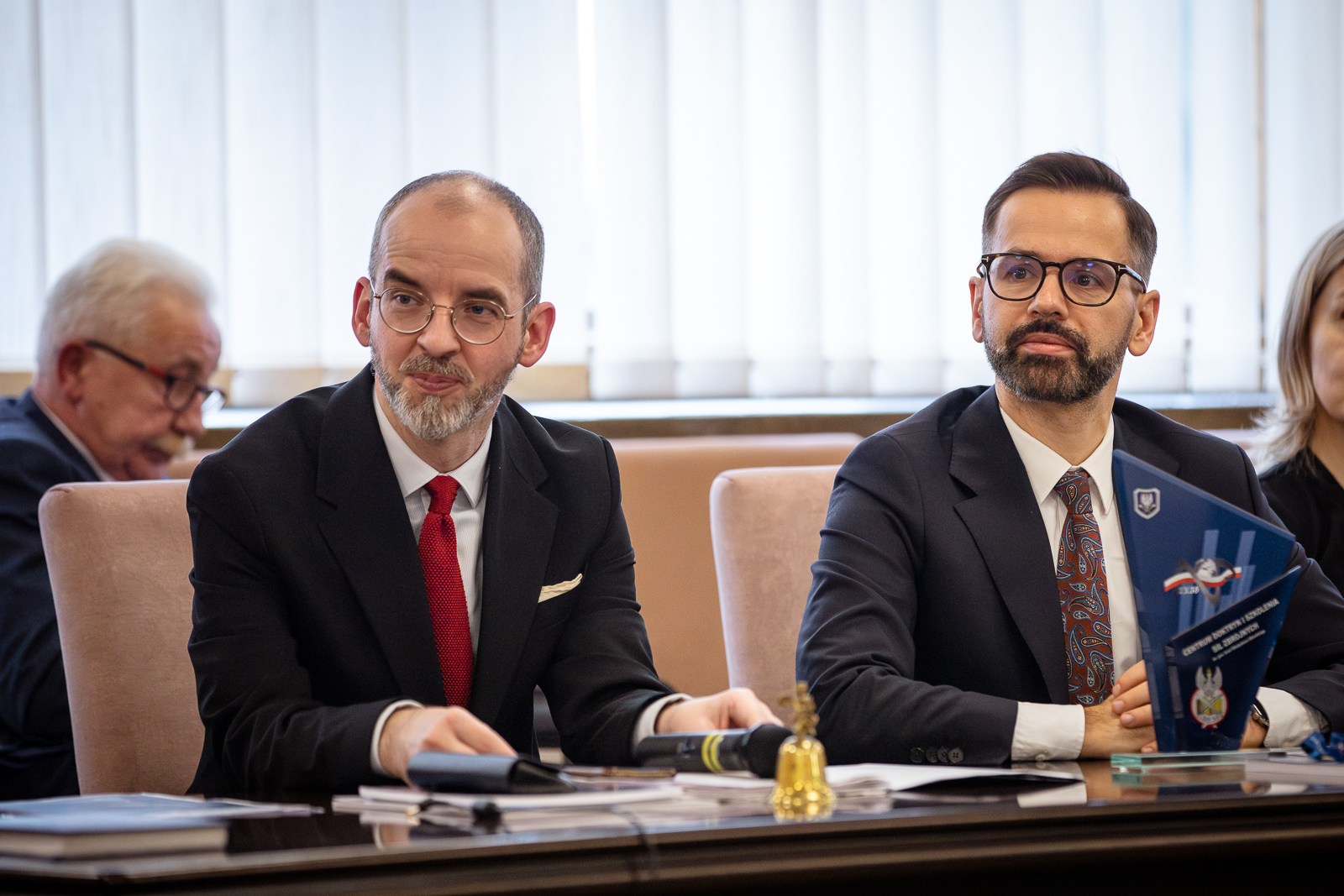News
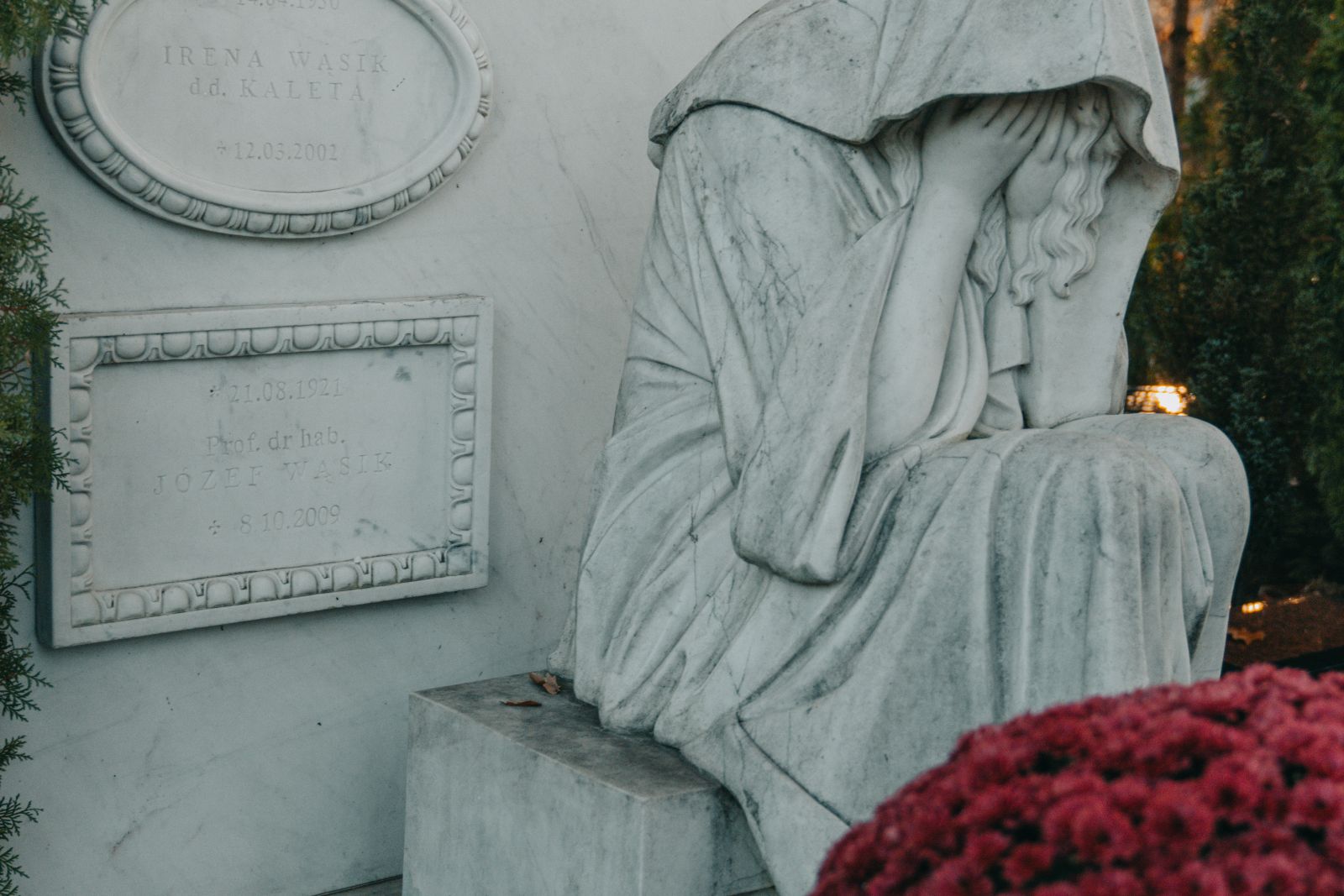
On Thursday, 11 December 2025, prof. dr hab. Jacek Semaniak, Rector of Jan Kochanowski University of Kielce during the terms 2012-2016 and 2016-2020, passed away. He was an outstanding individual and scholar, a long-serving rector, and a member of the Science Policy Committee at the Ministry of Science and Higher Education in the years 2020-2022. Since 2020, he had held the position of President of the Central Office of Measures (GUM).
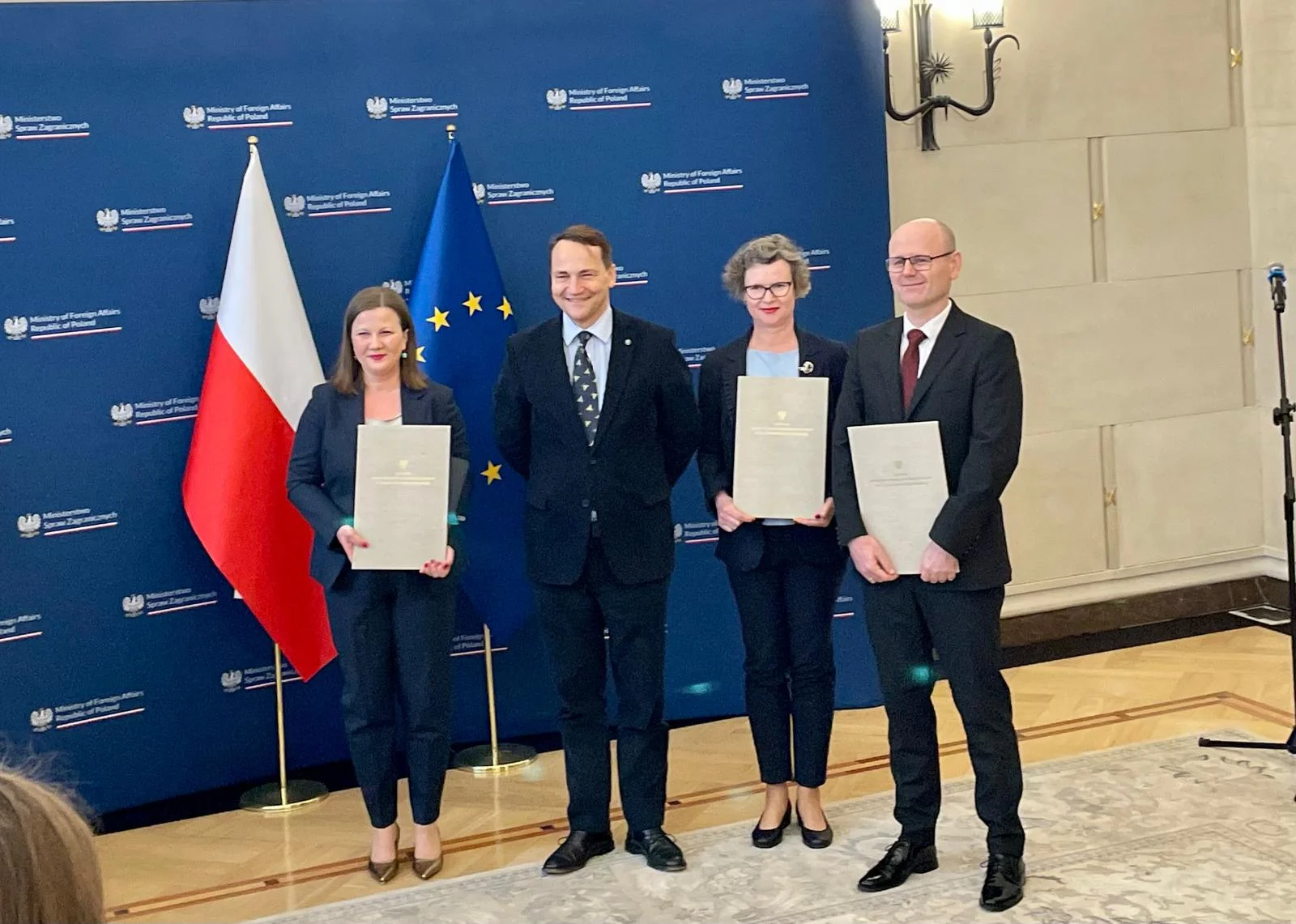
The monograph by Patrycja Grzebyk (University of Warsaw), Bartłomiej Krzan (Faculty of Law, Administration and Economics of the University of Wrocław) and Karolina Wierczyńska (Polish Academy of Sciences), entitled “Polski dorobek w zakresie międzynarodowego prawa karnego w latach 1918-2018”, was awarded first prize in the Competition for the Best History Book organised by the Ministry of Foreign Affairs.
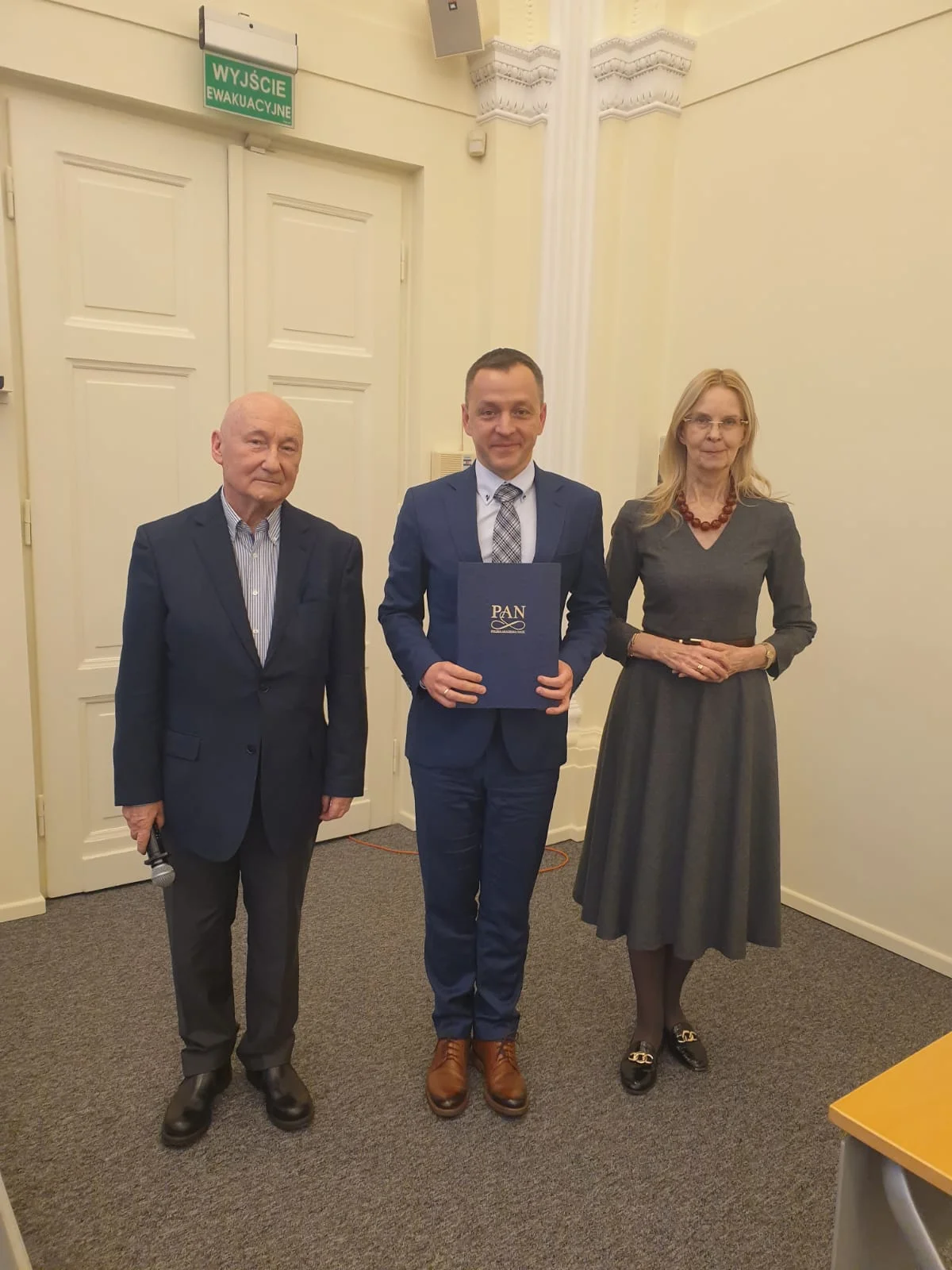
At a meeting of the Committee on Social Communication and Media Sciences of the Polish Academy of Sciences on 20 October 2025, the winners of the 1st edition of the Committee Award were selected for outstanding scientific publications (articles) and monographs in the field of social communication and media sciences. These awards were presented yesterday at an official gala at the Staszic Palace in Warsaw, the seat of the Polish Academy of Sciences. The winner in the book category is dr hab. Paweł Urbaniak, prof. UWr, for his monograph System odpowiedzialności mediów w Polsce na tle systemów w innych krajach” (Wydawnictwo Uniwersytetu Wrocławskiego, Wrocław 2024) !
Fiasco Fest is a workshop dedicated to a constructive approach to failure in an academic career, aimed at doctoral candidates […]
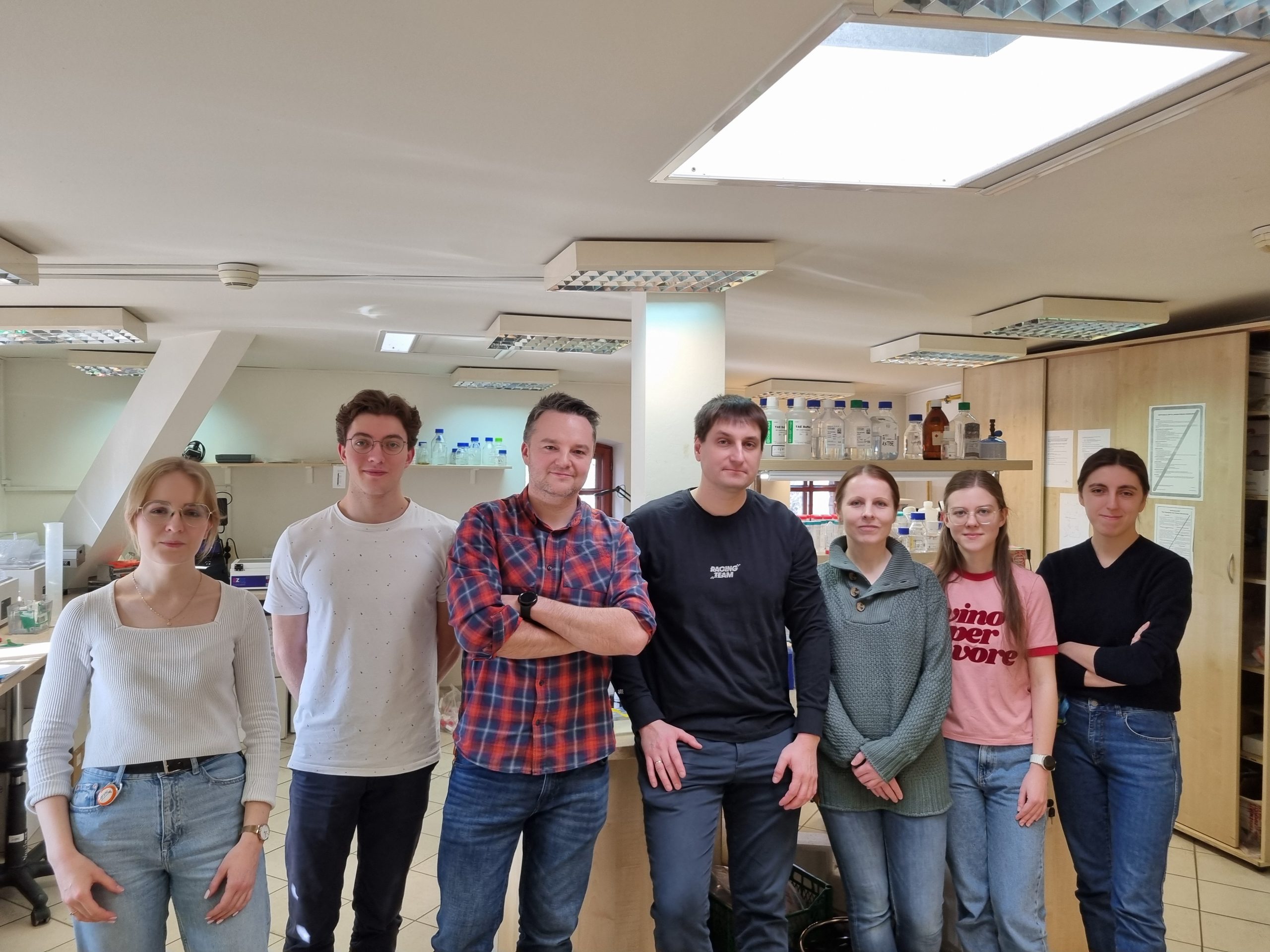
The results of research conducted by a team of scientists from University of Wrocław, recently published in Nature Communications, contribute to a deeper understanding of the processes underlying cancer cell transformation and may in the future help to better explain how DNA repair defects contribute to the development of cancer in humans.
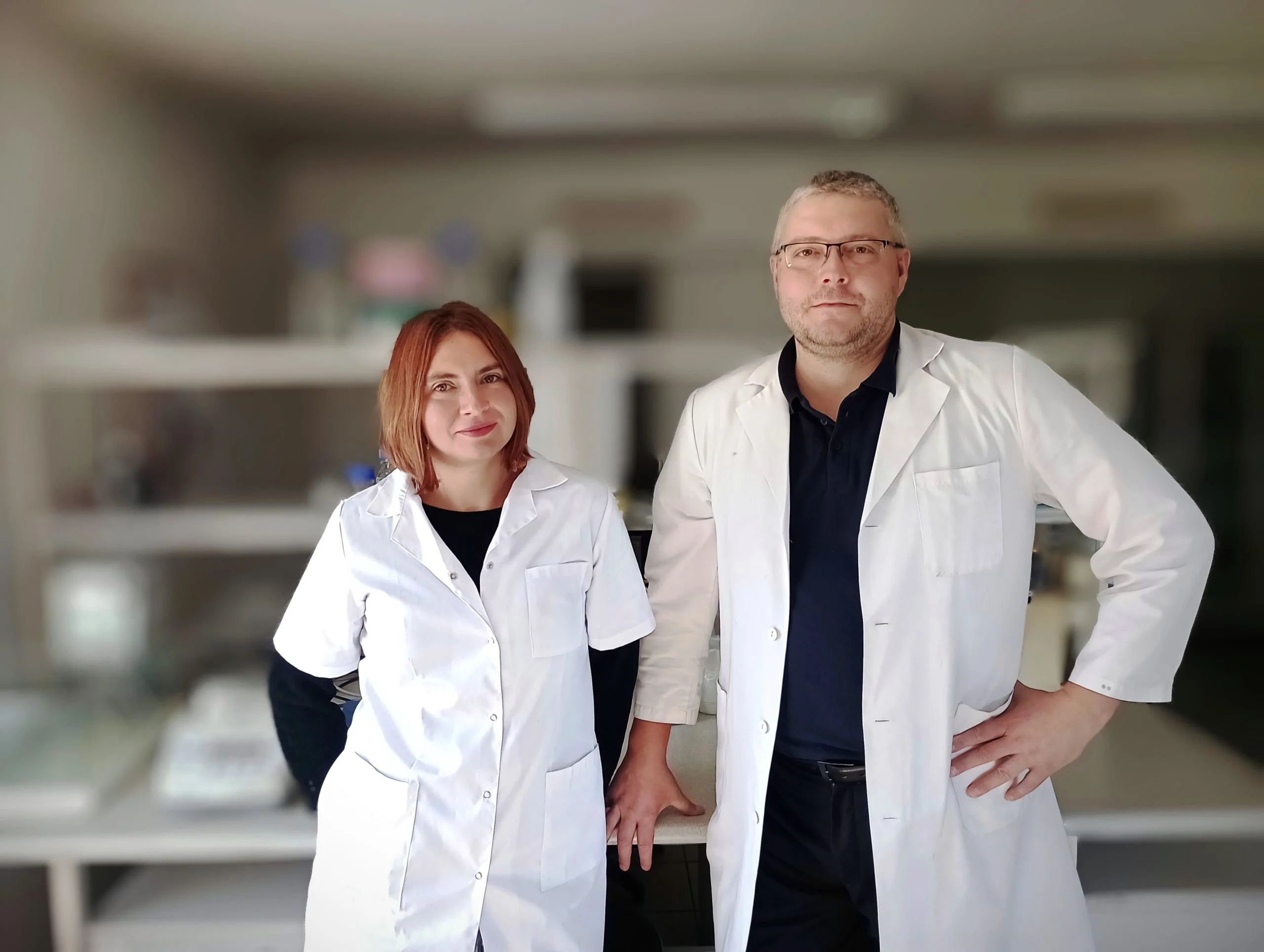
The Polish Patent Office has accepted an application to grant the research team another important patent for an invention. This is the result of collaboration between researchers from the Department of Mycology and Genetics at the University of Wrocław and the Włodzimierz Trzebiatowski Institute of Low Temperature and Structural Research of the Polish Academy of Sciences (PAS) in Wrocław.
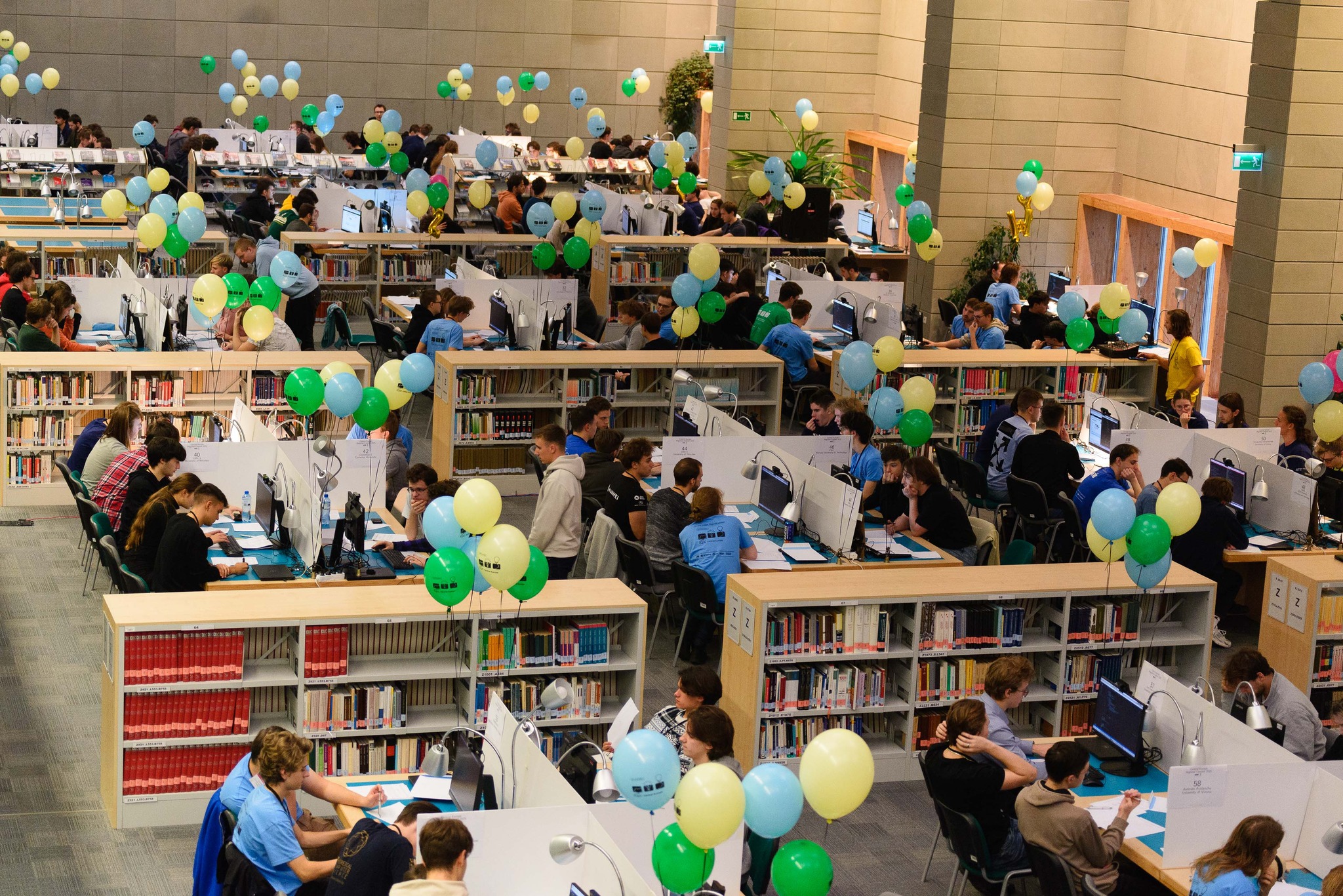
Last weekend (5-7 December), the University of Wrocław hosted the Central European Regional Contest of the International Collegiate Programming Contest (ICPC). The competition brought together 70 three-person teams from Austria, Croatia, the Czech Republic, Hungary, Latvia, Slovakia, Slovenia and Poland, all competing for qualification to the World Finals, which will be held for the fiftieth time this year.
In early December, the Doctrine and Training Centre of the Polish Armed Forces, together with the University of Wrocław, organised […]




